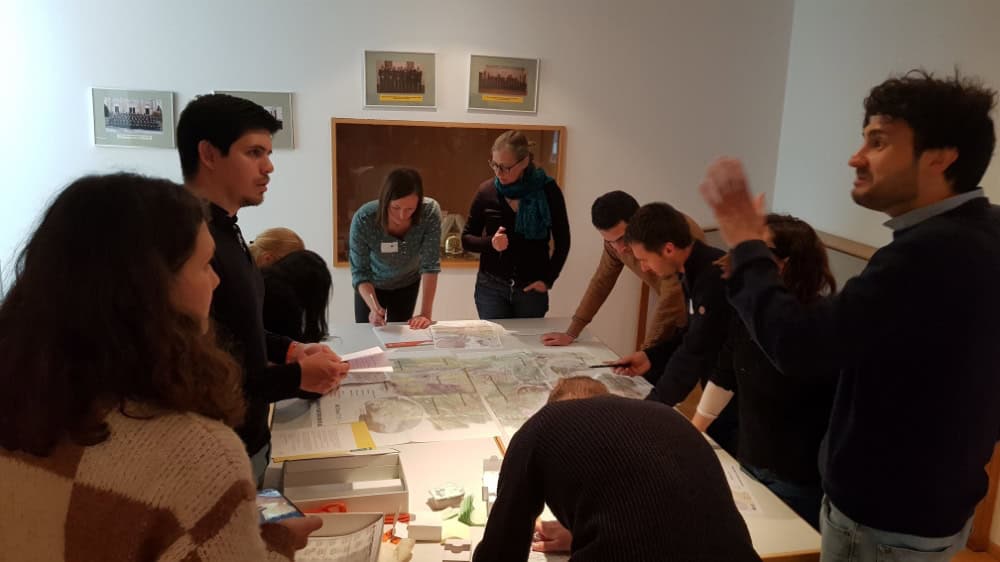The goal of the workshop was to exchange experiences on how to engage stakeholders, decision-makers, and citizens in the planning, implementation, and promotion of climate change adaptation measures. The workshop was motivated by the understanding that most people are not inherently opposed to climate action. However, a significant challenge lies in the widespread disinformation, fake news, and the distortion of scientific facts, especially concerning climate adaptation. The aim was to foster a culture of risk awareness through targeted and diverse risk communication strategies. This included using techniques such as storytelling to illustrate how communities can collectively respond to natural hazards based on shared experiences.
Part 1: Identifying Challenges
The workshop began with a discussion on the spread of disinformation, the common barriers and excuses used to avoid addressing climate change, and the obstacles specific to each region. Through group work, participants compiled a list of typical arguments used by climate change deniers, as well as common excuses for not acknowledging the impacts of climate change or implementing adaptation and mitigation measures. This exercise helped participants share and understand the barriers and challenges they face in their respective areas.
Part 2: Developing Solutions
In the next phase, participants worked in smaller groups to brainstorm solutions for the challenges identified in Part 1. They explored strategies to overcome barriers and respond effectively to the arguments of climate change deniers. The group also identified best practices and successful methods for convincing others about the need for climate action. This collaborative process led to the creation of a set of practical responses and strategies that can be applied in real-world situations, enabling participants to better address disinformation and overcome obstacles in their regions.
Part 3: Exploring Tools for Community Engagement
In the final part of the workshop, participants had the opportunity to explore and test various models, tools, games, and simulators designed to encourage community engagement. The goal was to assess the effectiveness and potential applications of these tools in their own projects. Through hands-on experimentation, participants gained insights into how these resources could be used in regional events, roundtable discussions, and action days to enhance community involvement and awareness about climate change.
By the end of the workshop, participants had expanded their knowledge and understanding, and each project partner was equipped to bring these insights back to their communities, facilitating further action and progress in climate change adaptation efforts.



